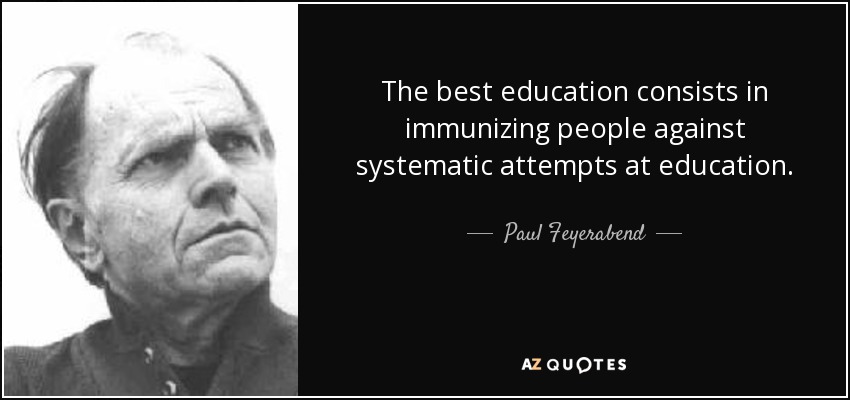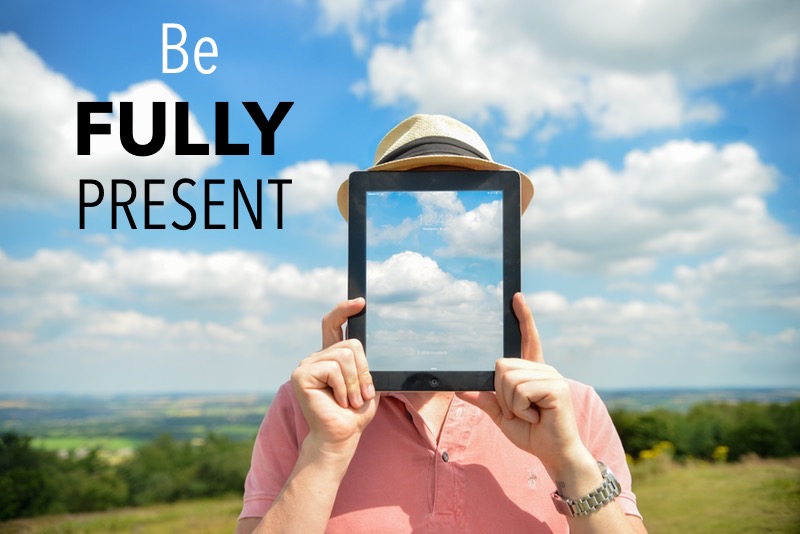Six Degrees of Kevin Bacon
You did not read that wrong. As I was researching and formulating my thoughts around open education and a culture of sharing, I stumbled upon this pop culture tidbit:
“Six Degrees of Kevin Bacon or Bacon’s Law is a parlor game where players challenge each other to arbitrarily choose an actor and then connect them to another actor via a film that both actors have appeared in together, repeating this process to try and find the shortest path that ultimately leads to prolific American actor Kevin Bacon. It rests on the assumption that anyone involved in the Hollywood film industry can be linked through their film roles to Bacon within six steps” – credit to the world of Wikipedia, and to Kevin Bacon. In fact, Kevin Bacon launched a “6 Degrees” campaign to encourage social distancing.

So what does this have to do with creating an open culture of sharing? Students share and make connections in order to learn. Sharing is all about connections. Sharing leads one amazing thought to another and then another, and it’s free! What social media provides is an instant way to connect educators with successful ideas and networks of collaboration. A culture of sharing may need to be encouraged and modeled, and for leaders in education, establishing a culture of open leadership is more necessary now than ever. Michael Hyatt shares a simple perspective on what a culture of sharing means to him. But why do so many still feel the need to control and cache thoughts and ideas?
Open leadership is another topic in and of itself. The six degrees of Kevin Bacon is simply a model based on the theory that all people are six or fewer social connections away from each other. It’s simple…if we want to create a culture or a network of sharing, then making it easy for others to find information and establish a connection is the right thing to do as an educator, and as Dean Shareski alludes to, our moral obligation.
My inspiration for this blogpost came from the video, Sharing: The Moral Imperative by Dean Shareski (2010). It was a very simple video that sends a powerful message. I now have several quotes to add to my repertoire about education and a culture of sharing. In fact, the definition of education SHOULD be “a culture of open communication and sharing”. Instead, this is what pops up when you search for the definition of education:
Education [ˌejəˈkāSH(ə)n] NOUN
- the process of receiving or giving systematic instruction, especially at a school or university. “a new system of public education”
I don’t know about you, but I am so very tired of hearing the word systematic. It screams control. Dean’s video was created in 2010, over a decade ago, and many educators still feel the need to control, hoard, profit, compete, whatever you want to call it. Why do educators still do these things? Is it because we feel controlled by our leaders and government-driven education? Or do we need more reward than what teaching students provides? Please take an extra minute here and read this facebook post by Bill White. It really hits home and makes you stop and think. On top of all we are asked to do as educators, we still need to find the time to take care of ourselves, our families, and our mental and physical well-being. Now more than ever, creating an open culture of sharing is necessary and we need to help each other to make our jobs easier, and provide support for our colleagues – we have to work smarter, not harder!

When I began my career 27 years ago, I worked incredibly hard to physically make resources, literacy and math centers, bulletin board projects, you name it! And I hoarded! I was scared of losing items or things getting wrecked. On top of that, I had zero dollars to my name and could not afford to buy resources. We worked in subject programs. Everything was controlled to an extent, but what I did have was a staff that shared IDEAS, and shared their TIME, even though we had zero prep time. Concern and empathy for others was part of belonging to a staff. We did not have the internet at our fingertips. It was a completely different world. I understand the need for recognition, but this quote by Dean Shareski resonates deeply:
“We all seek recognition for our contributions, but the moment we focus on protecting our work we are in some ways the antithesis of a teacher”.

Aaron Swartz. All I can say is wow. Could you just imagine for one second, if all educators had the ability to think the big picture like Aaron?

He has now become a topic of conversation in our household, and rightfully so. His story affirmed for me, that establishing Professional Learning Communities and open networks of sharing is necessary, and that if there is no sharing there is no education. Similar to Dean Shareski’s thoughts, (gosh, I love his last name) that we are simply messengers of information, Aaron Swartz takes this to another level. Shareski appears more of a promoter of activism, while Swartz emodied activism.
So in wrapping this all up, and reflecting on my take-aways this week, I still feel that I am hanging on for the ride, but that is way better than hanging on by a thread. Open education and creating a culture of sharing can take stress away from some, but add stress to others. Let me explain. As an educator and administrator, I feel compelled to help teachers and make their lives a bit easier in some ways, so I often spend more time researching, sharing, and networking, than perhaps I should. My mantra is, in order to be fully present at school I need to be fully present at home.

As a leader in education I need to model this as well. I cannot spend a lot of time on social media, or technology away from my job. My life is not work, and when I can put that aside I am a happier and better human at home and at school. When I feel like a whole human, I have more desire to share, to help, to collaborate, and to empower others as fully capable educators and team players. I will continue to strike a balance, and promote a culture of sharing and open education as a way of making our jobs a little easier…without sacrificing my values.
Hi Lynnette, I agree with your sentiment that social media, searching for relevant online education resources, developing new resources and then sharing takes so much time and energy. Being obsessed with teaching, learning planning and working can definitely hinder relationships with family and friends and we must all strive for a balance.
On the other hand, I certainly have benefited from the generosity of others in #eci831. I am not sure I am able to reciprocate due to time, energy and pretty basic skills in digital literacy.
I watched Shareski’s video as you suggested. It had an inspiring message. You never know when something you share might be a perfect resource for another teacher or student. Maybe it doesn’t need to be fancy with digital bells and whistles. Thanks for sharing your thoughts.
I agree Brenda! You never know the impact of what you share with others. Shareski had such a simple yet powerful message. I too have benefited from everyone in this class and just the class itself! It was a dedicated time to focus on honing my technical skills and how to share more with others and with students.
Something that I learned real fast after becoming a mom was that teaching no longer was my number one priority, and that’s okay. I remember the first time I had to stay home sick with my little one, and thinking that I really should be at school. It wasn’t until one of my close friends and teacher colleagues reminded me that I was right where I should be. I think as teachers we often put so much pressure on ourselves to be the best, most current, on top of everything, and so many other hats that we forget that sometimes we just need to focus on our own home fire and how to stoke it to keep it going. There is so much to learn in the world of balance, and it’s definitely something I need to be a lot better at.
Well said Kelly!
I do worry about the students these days and if we as educators are doing enough to help them understand the importance and benefits of technology, and balancing this with the necessity of valuable relationships.